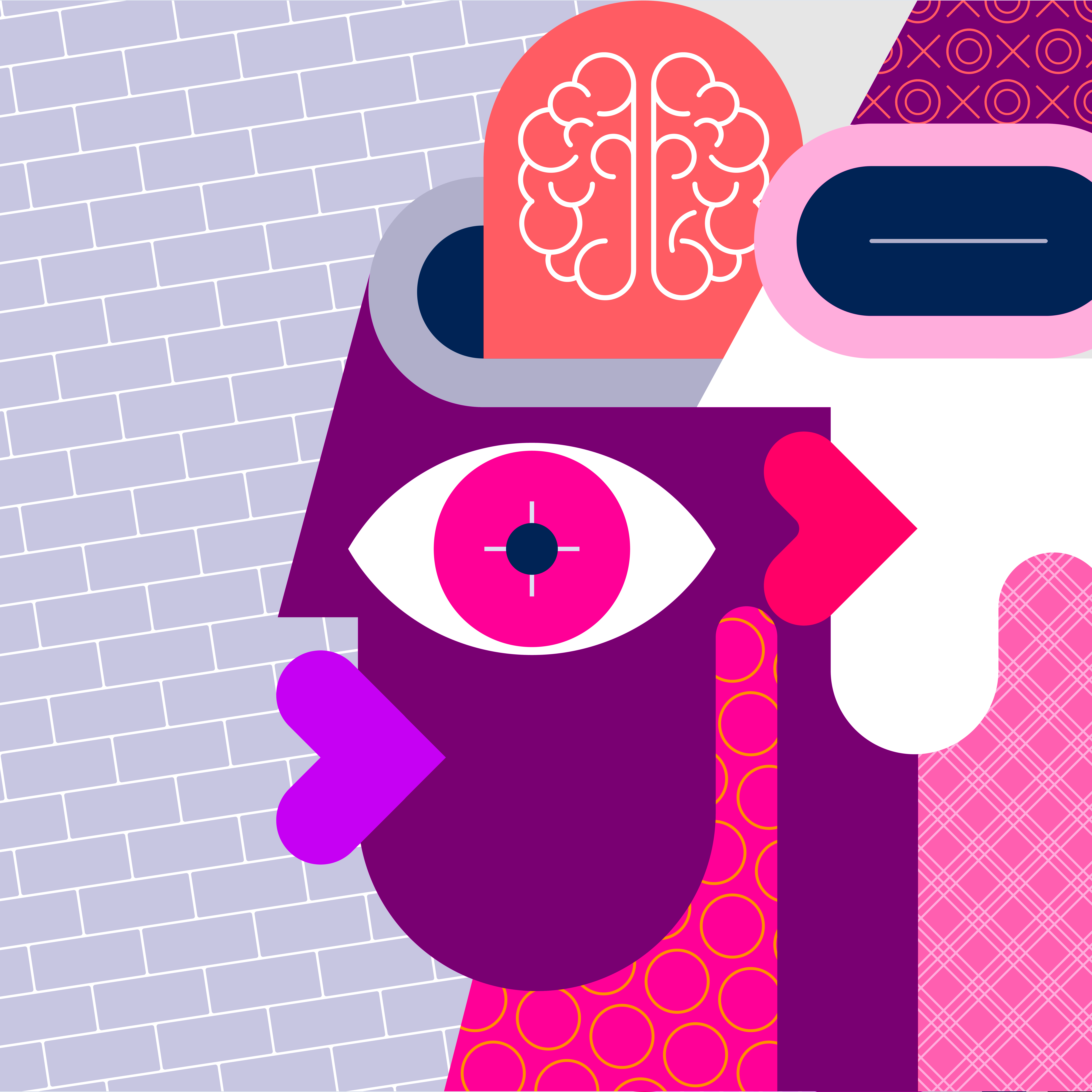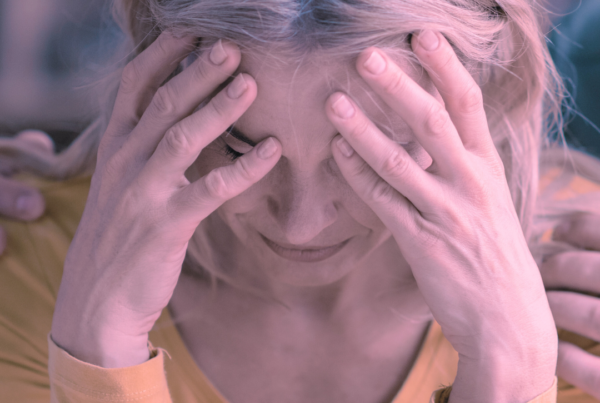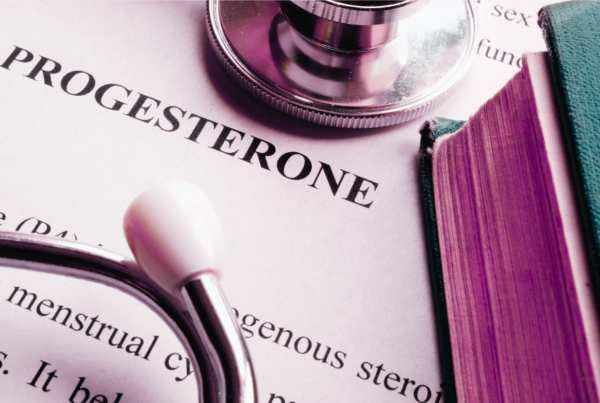Mental health is “a state of well-being in which every individual realises his or her own potential, can cope with the normal stresses of life, can work productively and fruitfully, and is able to make a contribution to her or his community.” World Health Organisation
This differs from just being the absence of mental health conditions such as anxiety, depression and rarer problems like bipolar disorder, or schizophrenia.
Australia’s First Nations People describe the importance of both emotional and social wellbeing as an integral and holistic part of health. Whilst mental wellbeing is partly defined by your culture, it generally relates to the enjoyment of life; being resilient or bouncing back from the normal times when you feel anxious, stressed or sad; feeling some control of your life and having meaningful social connections or relationships with others.
Many things influence our feelings of emotional wellbeing:
-
The places we live, learn and work – being safe, free from discrimination and abuse, having enough money to get by.
-
Our communities – feeling like you belong, opportunities to connect with others socially, feeling supported when you need it.
-
Internal personal factors such as the ability and skills to manage thoughts and cope with stress, having social skills and confidence to connect with others.
We can also do things to look after ourselves and help our mental wellbeing. These might be only little things but they add up to keep us at our best.
-
keep physical active every day – this lightens your mood straight away
-
get enough sleep
-
eat well – reduce sugary foods, alcohol, caffeine and smoking. Eat lots of fruits and vegetables
-
keep connected socially – join a club or community group, volunteer to help others, help a neighbour
-
learn skills to help your stress – mindfulness, yoga, breathing exercises
-
schedule time to do things you enjoy
-
get outside in nature
-
seek help – your GP or the many services available – search online.
Menopause can increase the risk of developing mental health issues. Hormone changes during perimenopause can cause irritability and mood and can contribute to depression and anxiety. This can be exacerbated by hot flushes, sweats, insomnia and weight gain.
Menopause can also occur at a stage in life where there is a lot going on in a woman’s life – raising young children; supporting adult children or caring for aging parents. It can also be a time of increased work opportunities and responsibilities. All these things put pressure on your mental wellbeing.
Severe mental health problems are more common in menopausal women who have had bad PMS or postnatal depression. Symptoms can start for the first time or existing conditions can become worse during perimenopause.
In addition to the lifestyle factors above, additional medical help such as hormone therapy, may be indicated for menopausal women suffering from mental health problems.






